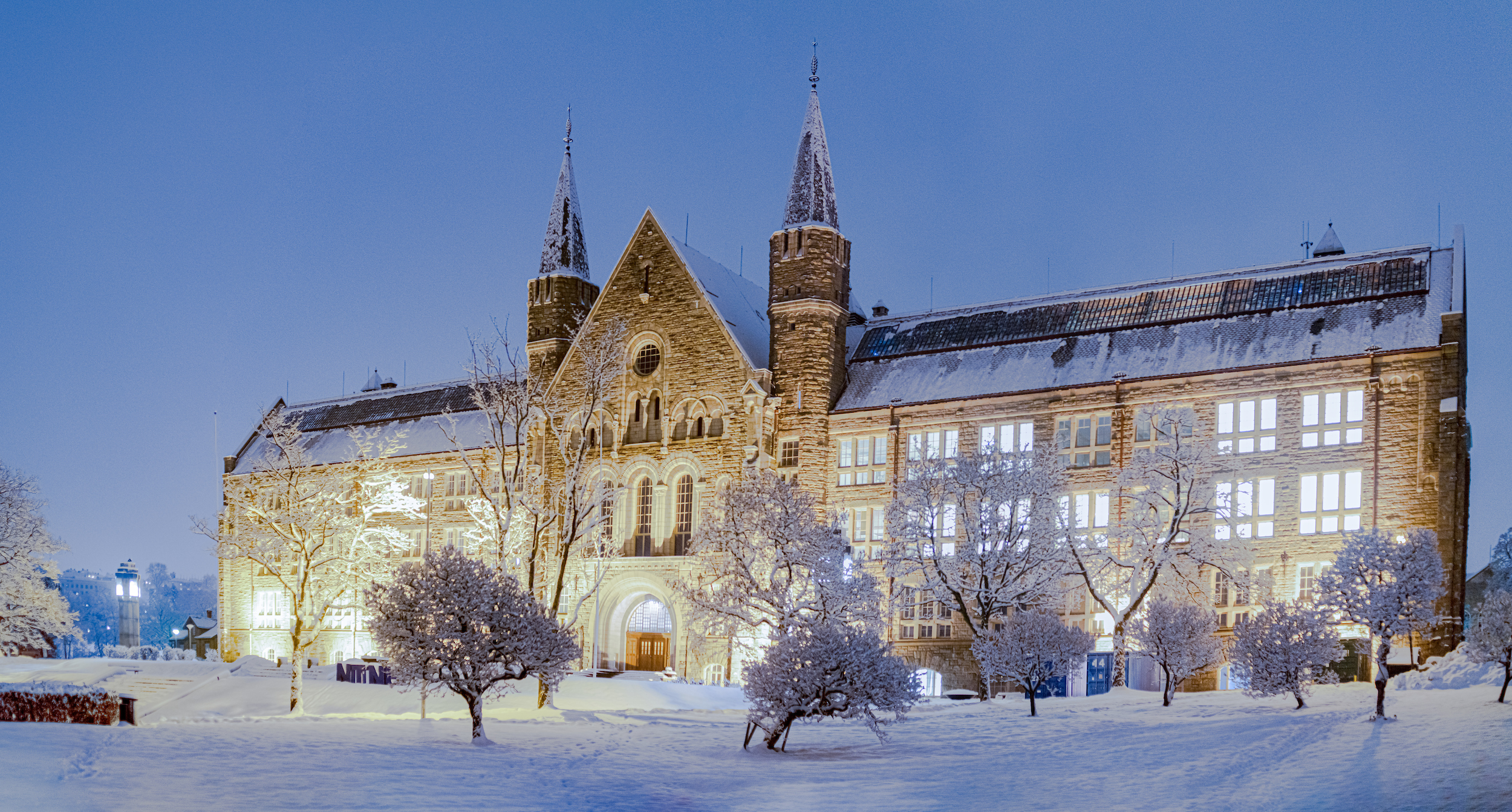Last year, the Ministry of Education and Research allocated the universities and colleges their own study places for refugees who came to Norway in 2022 as a result of the war in Ukraine. A “fast track” admission scheme was established, apart from the ordinary admission. At NTNU, a total of 46 refugees were admitted through continuous admission until the start of the semester in August.
Could only apply for individual subjects this spring
NTNU has made it a requirement that the refugees must have completed upper secondary school in their home country and they must have passed an English test. For those who do not have such a test from before, this can be taken at Folkeuniversitetet – with funding from NTNU. In addition, it is assessed individually whether they are professionally qualified.
Before the autumn semester, there were a total of 164 applications from refugees, of which 46 were accepted. A large proportion started international master’s programmes.
In the spring semester, the offer only consists of individual subjects. The refugees could choose from a total of 373 different subjects taught in English at bachelor’s or master’s level. Of the 53 students admitted here, six began their studies in Gjøvik and six in Ålesund. The other 41 are located in Trondheim.
Planning the autumn admission
The Norwegian universities and colleges received fewer applications than expected from refugees last year. It turned out that not many of them were of student age. They were either younger or older. The majority were women and many had caring responsibilities. At NTNU, there was also a large variation in the English competence of the applicants.
“Lack of language skills is obviously a barrier for many. We need to see if we can establish a separate English course in the autumn, perhaps also as a preliminary course in the summer. We are also thinking of engaging more Ukrainian student assistants who can assist the refugees”, says Roar Tobro.
For this autumn’s admission of refugees, NTNU will probably copy much from last year’s scheme. This will mean admission to a program where the Faculties and Departments can add extra places. In addition, it will also be possible to apply for admission to individual subjects for the autumn semester. It will probably also be possible this year to apply right up to the start of the semester, as the refugees will come to Norway throughout the year.
After the refugees have been accepted at NTNU, they are phased into the regular reception program for international students. It is a deliberate strategy not to treat the refugees differently from other foreign students.
Do the refugees have to pay tuition fees?
The biggest point of uncertainty ahead of the autumn semester is the introduction of school fees.
“For the time being, we do not know whether this scheme will also include students who have refugee status. I am surprised at how little attention this has received so far in the debate about the introduction of school fees”, says Tobro.
There were 21 per cent fewer applicants from countries outside the EU/EEA to the ordinary two-year international master’s programs at the last announcement (application deadline 1 December 2022). The number of applicants decreased from 9,254 in 2021 to 7,315 in 2022. It is expected that the number who accept a place at NTNU will drop dramatically when the details of the tuition fee scheme are made public.
Expect 35,000 refugees
During 2022 it came 31,000 refugees to Norway, of which approx. 27,000 from Ukraine. This year, the Directorate of Integration and Diversity (IMDi) estimates that around 35,000 refugees will come to the country.
More information about the study offer for refugees at NTNU can be found here.

